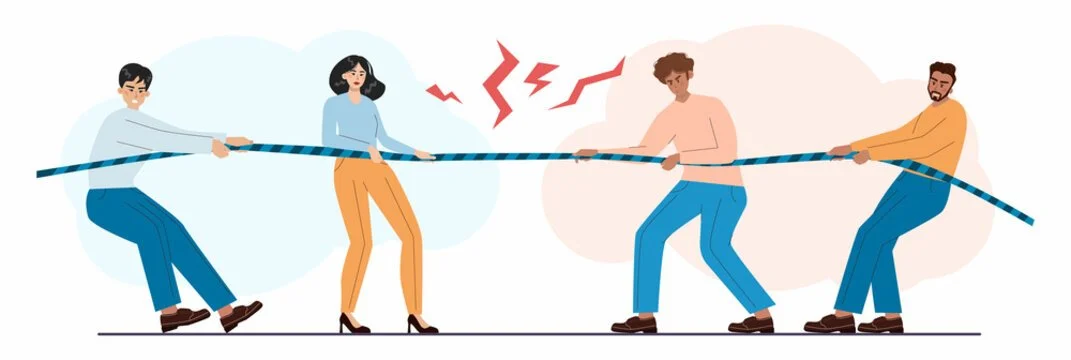CURRENT RESEARCH PROJECTS
“Nos explotan, pero aún así tenemos que respetarlos”: Rethinking Puerto Rican cultural values through a critical lens
TAKE AWAY 1
Cultural values among Puerto Ricans are shaped by coloniality, not just culture. Rather than being universal or intrinsic traits, values such as dependencia, conformismo, alegría, and lucha are interpreted through the enduring effects of U.S. colonial control over Puerto Rico. These values reflect adaptations to, or resistances against, systems of power, debt, and imposed labor expectations.
TAKE AWAY 2
Some values reinforce colonial and neoliberal logics even as they appear positive. Values like alegría and lucha are often celebrated as resilience, but participants’ narratives show how they may internalize neoliberal ideals of positivity and self-reliance. Similarly, hospitalidad and respeto—framed as warmth or morality—also reproduce servilism and obedience shaped by colonial hierarchies.
TAKE AWAY 3
Cultural values are contested and contextual, not fixed or homogeneous. Puerto Rican immigrants did not ascribe values uniformly across the diaspora and the island. Their interpretations reveal both critique and reimagining of cultural norms, underscoring the need for a critical consciousness approach that views cultural values as dynamic responses to colonial, racialized, and economic conditions.
Colonial mentality, fragmentation, and resistance among Puerto Ricans living in the United States
TAKE AWAY 1
Colonial mentality shapes how Puerto Rican immigrants interpret and use cultural values to create hierarchies within their own community. Participants used values like hard work and rule-following to distinguish “good” Puerto Ricans—often those aligned with white, middle-class, U.S. norms—from “bad” Puerto Ricans, reinforcing colonial ideologies around race, class, and productivity.
TAKE AWAY 2
Cultural values become tools of internalized oppression and lateral violence. Through colonial logics, participants pathologized Puerto Ricans living in the archipelago or in poverty, particularly Black and working-class individuals, using values to justify exclusion and inferiority, thus reproducing social fragmentation and intragroup conflict.
TAKE AWAY 3
Despite internalized colonialism, narratives of resistance and solidarity emerged. Some participants rejected colonial narratives of Puerto Rican inferiority and emphasized shared values like generosity and family unity, pointing to the potential for reclaiming cultural identity and advancing decolonial healing and collective liberation.
Colonial Shadows and Puerto Rican Identity (2024)
TAKE AWAY 1
For centuries the inhabitants of Puerto Rico have been subjected to a language that systematically sought to dehumanize and marginalized them in order to excuse their displacement and exploitation. This language propagated degrading stereotypes, portraying them as morally corrupt, incapable, uncivilized, intellectually inferior, dependent, physically weak, and lazy.
TAKE AWAY 2
According to our study, the beliefs and ideas Puerto Ricans hold about ourselves and other Puerto Ricans have been influenced by this dehumanizing language.
TAKE AWAY 3
To avoid this perturbing ideas of self, we may engage in behaviors that seek to prove or reestablish our humanity, particularly in the eyes of those that see us through these dehumanizing stereotypes. On the paper we discuss what these dynamics may mean for our Puerto Rican identity.
In this podcast appearance with Diaspórica, Dr. Capielo Rosario discusses the findings from this study. Podcast is in Spanish.


